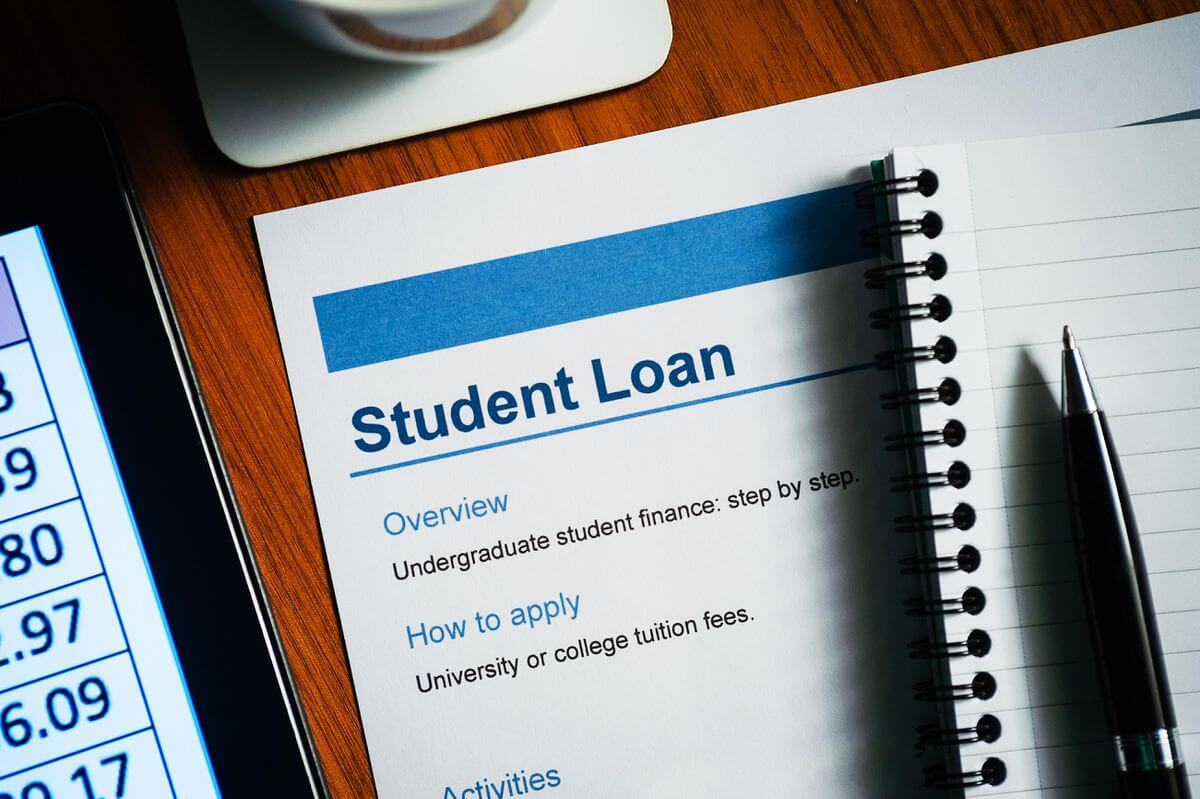How to Receive a Student Loan Without a Cosigner

Stricter lending policies are making it more difficult for college-bound young adults to find non-cosigned student loans. However, if you think that getting mom or dad to co-sign is the only choice, keep reading.
Apply for Federal Loans
The federal loan process is different from the private one. Whereas private lenders look at creditworthiness, the federal government focuses on financial need. As a result, federal subsidized loans are a viable alternative. However, if you have a challenging time demonstrating financial need, you may be left with the option of unsubsidized loans, which accrue interest while you are in school. Besides that, some students have a difficult time getting mom and dad to locate all the financials they have to provide to the feds. According to a recent Ascent Funding blog, “FAFSA should be your starting point when it comes to getting the funding you need. In addition, be sure to explore any available grants or scholarships to limit costs. Your school's financial aid office can get you pointed in the right direction.”
Build Your Credit History
If you have your heart set on a private loan, you could qualify on your own merit if you build your credit history. Many students have had excellent success with opening a credit card account and using it responsibly. Some parents encourage high school seniors to open this account and build their credit during the last year of school. Getting a part-time job is also a good choice. It shows that you're responsible and able to make money. But for some students, this is not a workable solution.
Let Your Parents Take out a PLUS Loan
The Parent PLUS loan is a direct loan that your parent takes out to receive money for your education. While you do not have to repay the loan amount, your parents has to repay the whole amount. It's a bit like having mom take out a loan while you're the one going to school. It can be a good option if your parents have good credit and are willing (and able) to take on this debt. What many don't know is that you can actually refinance a parent plus loan. Doing so makes it easier for qualified borrowers to reduce their interest, and pay off the loan faster.
Work with Your College's Financial Aid Office to Apply for Aid as an Independent Student
While you still have to fill out the federal application for student aid (FAFSA), it will now take your financials – rather than your parents' – into consideration. You are frequently able to do so if you are older than 24, married, supporting a child, or active in the military. This is a possible workaround for the student whose parents make too much money to demonstrate financial need.
Bite the Bullet and Find a Cosigner
It is a common misconception that your parents have to be the cosigners on any private student loan you take out. This is not true. Rather, you have the option of getting support from any adult with a good credit score. Examples include a grown brother or sister, an aunt or uncle, or even a mentor who is willing to support your dream of a college education. In fact, working with someone who is not a parent can sometimes be easier.
Work with a Lender Who Sees You as a Whole Person – Not Just a Credit Score
There are now lenders that offer non-cosigned student loans to applicants who may not qualify due to lack of income. These typically look at your GPA, enrollment in a degree program, and an expected graduation date within nine months or so.
The good news is that there are financial options open to you. You don't have to put your dream of a successful college education on hold because of money worries.
839GYLCCC1992



Leave a Reply